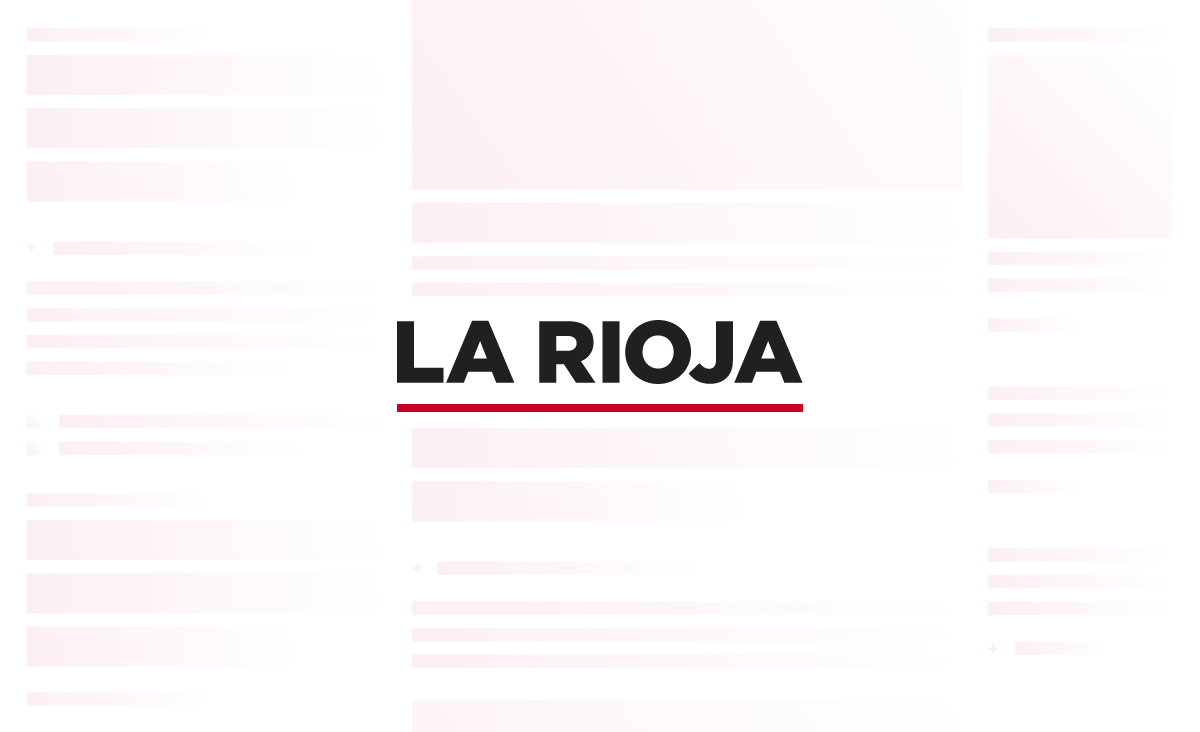Without democracy, freedom is an illusion; without science, democracy and freedom are also science, because science and democracy are inseparable. Thanks to mathematics, for example, fair and efficient voting systems can be designed using algorithms capable of evolving … A means to detect electoral fraud. Chemistry, biology, and the rest of the sciences also contributed greatly to the technological development and knowledge of humans in search of their well-being. In short, science requires significant educational effort and is capable of producing critical citizens free from biases. Scientific achievements not only provide development and employment opportunities, they support democracy and freedom of thought and promote a better-educated and freer citizenry. Science, in addition to a body of knowledge, is a way of knowing and understanding the world, which provides the quality of human thought, the acceptance of doubt and contradiction of ideas, skepticism and optimism, the distinctive elements of open societies.
Even the preachers of lies can spread their hoaxes because they are alive thanks to scientific advances like vaccines or antibiotics and they spread them through technology that was created from the precision of knowledge and not from the confusion of ignorance.
More than 800,000 people voted in the European elections for the Se Acabó La Fiesta (SALF) electoral group, headed by Alves, a famous exponent of the tricks on which he built his electoral campaign. 80% of its voters are under 44, there are three times as many men as women, and for a large part of them, democracy has no power to improve their lives or provide them with a better future, and they support authoritarian solutions. Public life should therefore be a bit like science, taking from it virtues such as the commitment to the search for harmony and truth or the ability to refute and correct through the acceptance of rational and empirical arguments. In addition to its universal aspect, its collective interest and its consideration of our place in the world, science reminds us that we are just a drop in the universe, something that should instill in us a sufficient dose of humility so that we can make the most of our inevitable limitations. The amazement at the immensity of the universe should save us from the pettiness of our own arrogance.
The much-missed physicist Jorge Vagensberg said that the history of science is the history of good questions, while the history of beliefs is the history of good answers. That is why we must protect scientific knowledge by giving it greater social, political and economic support. We cannot replace science with buleria, but in the absence of a vaccine against stupidity, we must combat the dogmatic lies of accepting the truths of knowledge, of submitting to belief with the harmonious rebellion of science.
2 euros per month for 4 months
Are you already a subscriber? sign in





